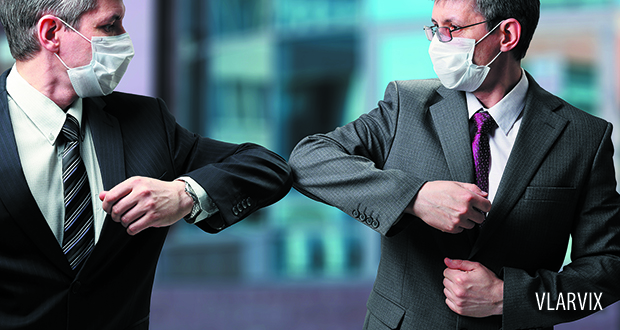
In the wake of the federal announcement that the COVID-19 public health emergency is over, the EEOC has issued updates to its COVID-19 technical assistance.
The guidance is entitled, “What You Should Know About COVID-19 and the ADA, the Rehabilitation Act, and Other EEO Laws.” It includes a new question and answer about the declaration of the end of COVID-19 emergency. The guidance has been updated around 20 times throughout the pandemic.
“This installment is the capstone to our comprehensive resource of questions and answers on COVID-19 and the anti-discrimination laws enforced by the EEOC,” said EEOC Chair Charlotte A. Burrows in a statement. “The end of the public health emergency is an important milestone, and this will help employees and employers understand how the Americans with Disabilities Act, the Rehabilitation Act, and other federal laws continue to protect our nation’s workforce from employment discrimination. The EEOC remains committed to vigorous enforcement of these laws.”
Here are some of the important updates that employers should be aware of:
Reasonable accommodations: Although the COVID-19 public health emergency has ended, the guidance makes clear that employers may not automatically terminate reasonable accommodations that were provided due to pandemic-related circumstances. However, employers may evaluate accommodations provided during the public health emergency, consult with the employee, and evaluate whether the accommodation is still needed in the relevant circumstances.
Long COVID: For employees dealing with Long COVID, the updates include common examples of possible reasonable accommodations, such as a quiet workspace, use of noise cancelling devices, and uninterrupted worktime to address brain fog; alternative lighting and reducing glare to address headaches; rest breaks to address joint pain or shortness of breath; a flexible schedule or telework to address fatigue; and removal of “marginal functions” that involve physical exertion to address shortness of breath.
COVID-related harassment: The updates also include tips for employers about remaining alert for COVID-related harassment of applicants or employees with a disability-related need to continue wearing a face mask or take other COVID-19 precautions at work.
Questioning sick employees about COVID-19 symptoms: The guidance allows an employer to ask an employee who calls in sick or feels sick at work whether they have COVID-19 or any common symptoms of COVID-19.
Asking all employees about COVID-19: The EEOC still allows employers to ask all employees coming into a worksite or working near others if they have COVID-19 or COVID-19 symptoms. They may also ask whether they have been COVID-19 tested and for test results.
 New England Biz Law Update
New England Biz Law Update
